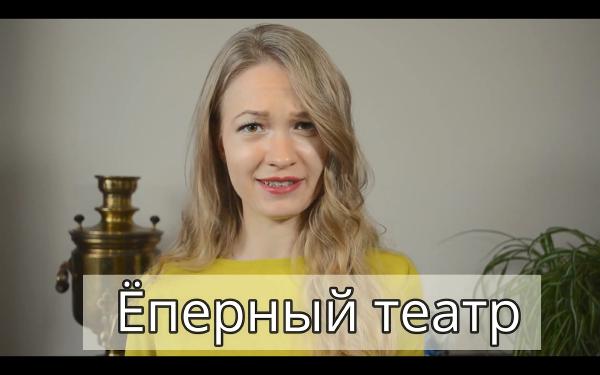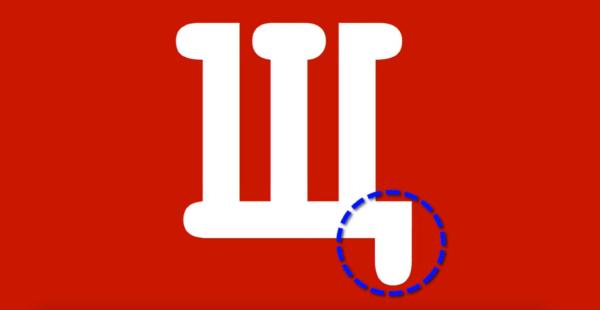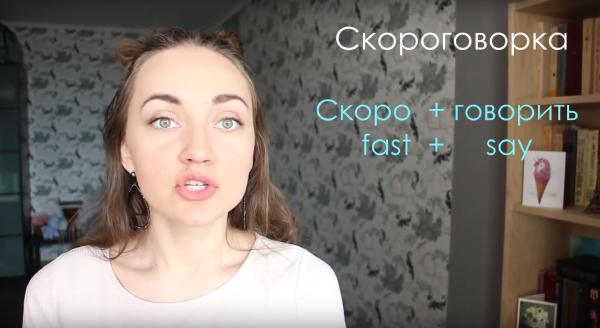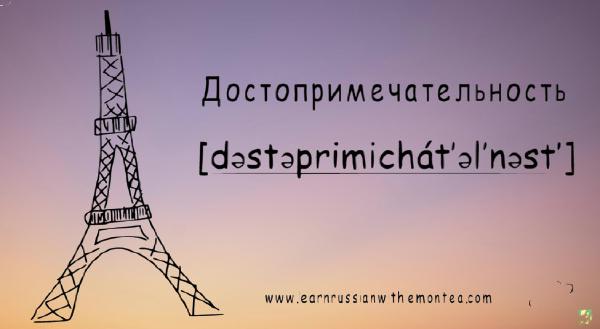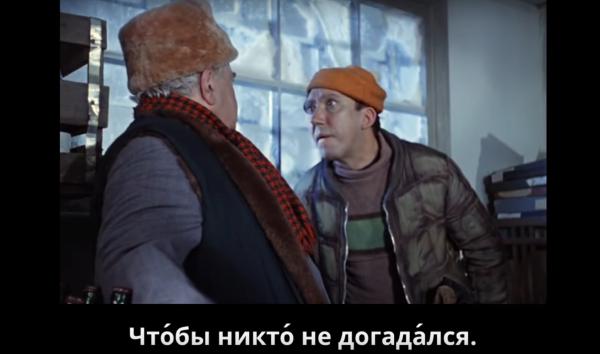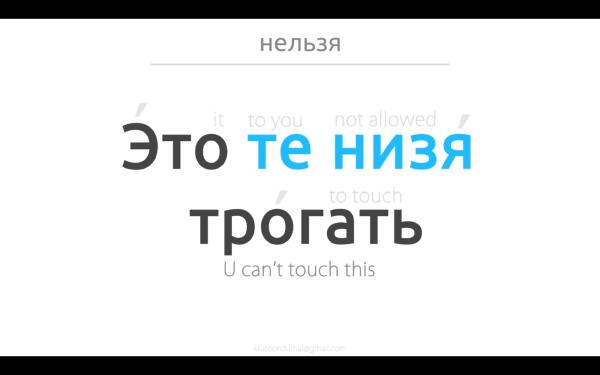Language
First, you learn the rules (years of work), then you hear a Russian speaking in real life and don’t understand a single *^&% of it (just an example). Theory is always slightly different from practice, and sometimes the differences are significant.
ш and щ: Spot the Differences
Language
One looks like a “w” with straight lines (like an E that has fallen over), and the other is similar but with a tail or hook. Or something like that. Not only do ш and щ look similar, but their sounds are also close. So close that distinguishing them isn’t easy.
Of course, there’s a Russian version of the cat scratching curls off the stairs. And the Russian language wouldn’t be itself if it didn’t have an entire collection of such phrases. Plus, record attempts to say them correctly as fast as possible.
There’s quite a bit of stumbling over Russian words. Whether it’s due to not knowing where the stress falls, strange sounds, or simply because they’re
tongue twisters. This may sound exaggerated, but that’s just what they’re called. Here are difficult and long words that may—or may not—trip up your tongue.
The letter ы
Language
It looks like two letters but has an indescribable sound. The 29th letter of the Russian alphabet is quite unique and often causes problems with pronunciation. We are talking about the letter ы, a sound not found in many other languages (except perhaps Turkish). As such, it takes some effort to pronounce it correctly.
Russian Slang
Language
A definition of slang is hard to pin down. But why try when others have already done it? According to
Wikipedia, slang refers to “registers of language usage that are either reserved for a social group or considered ‘vulgar,’ meaning substandard language.”


